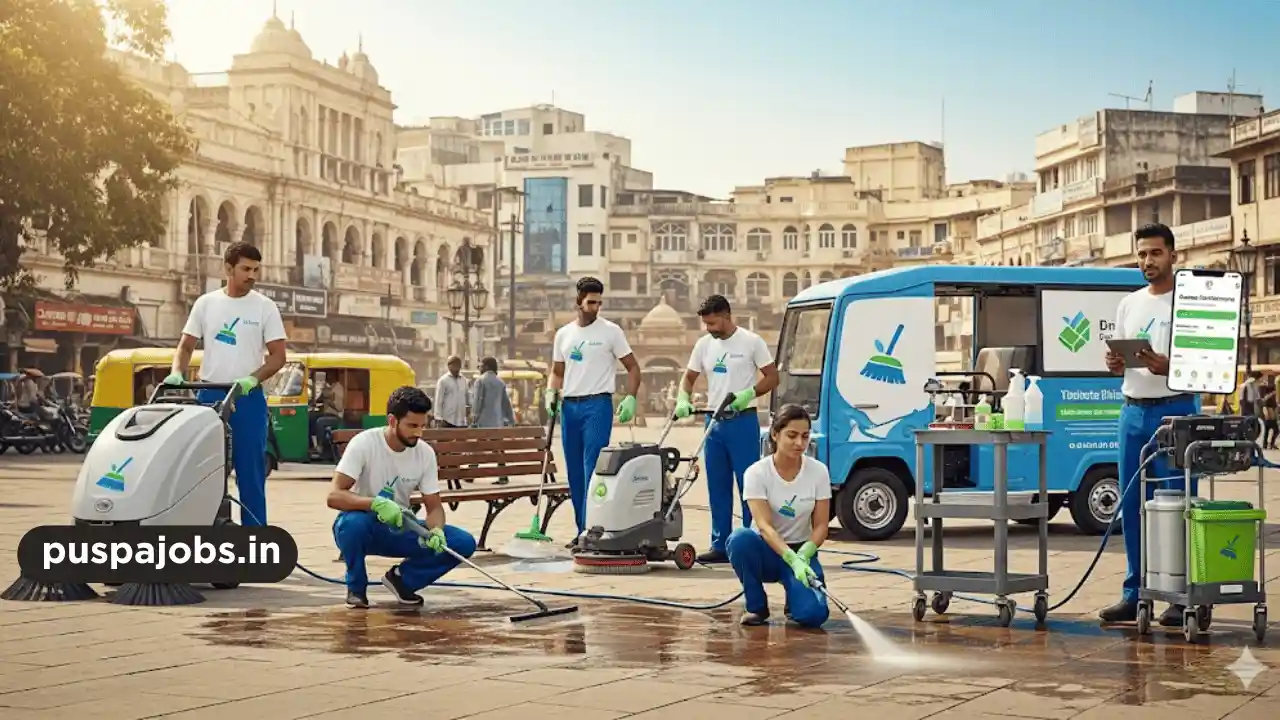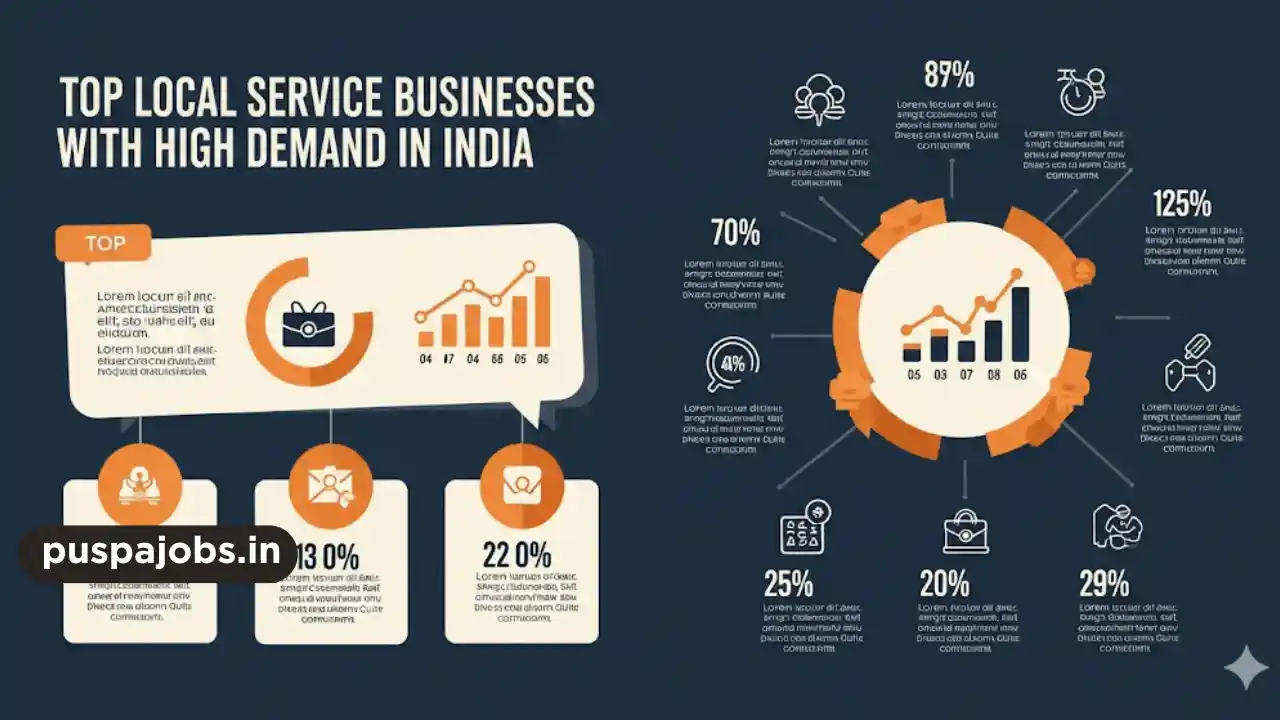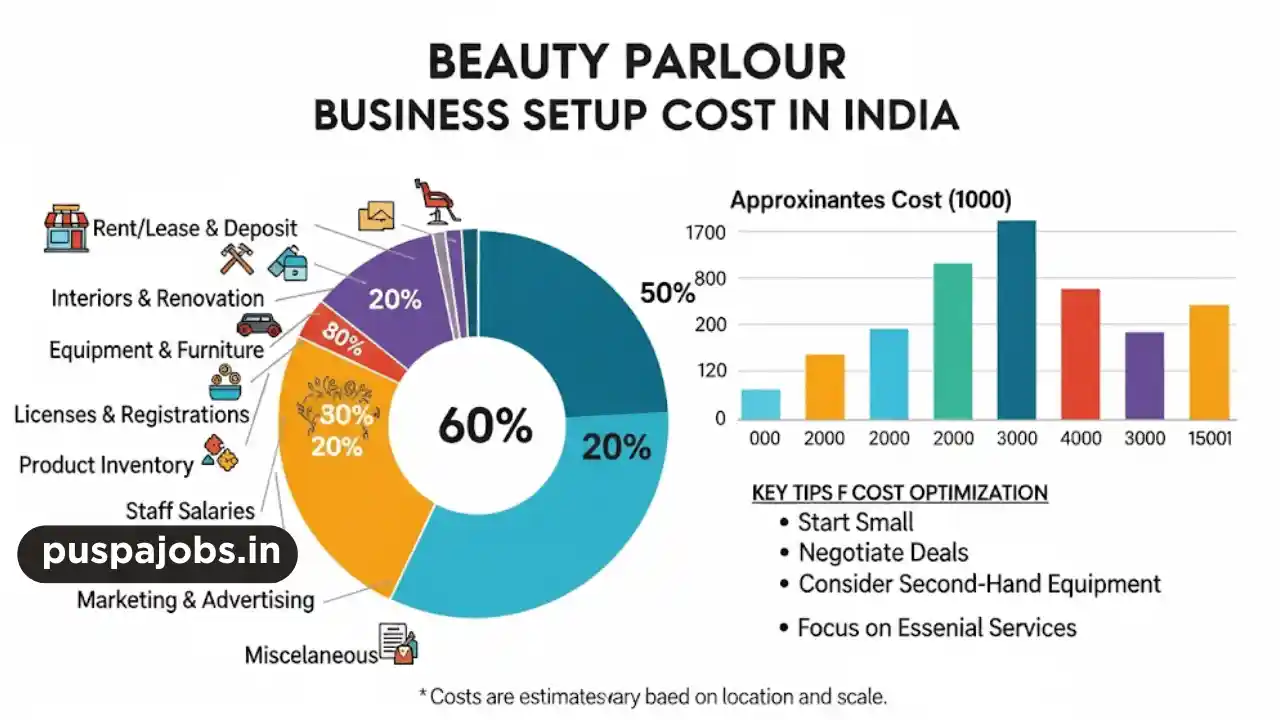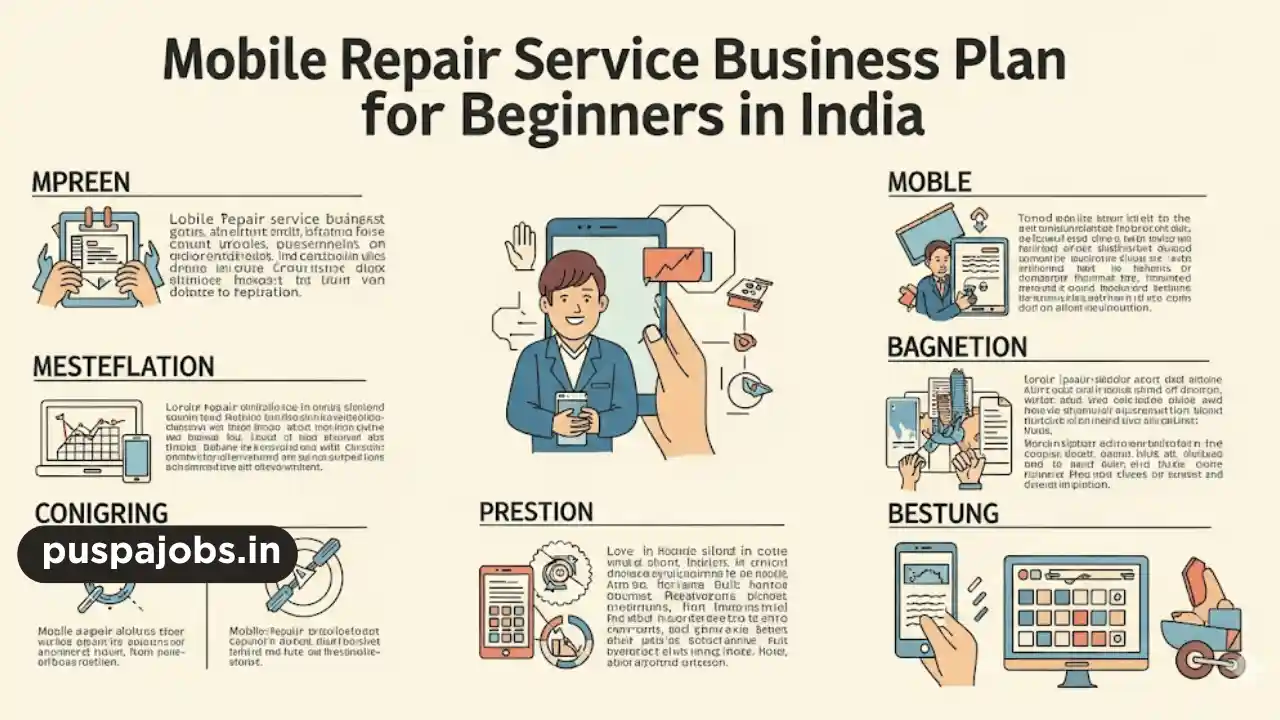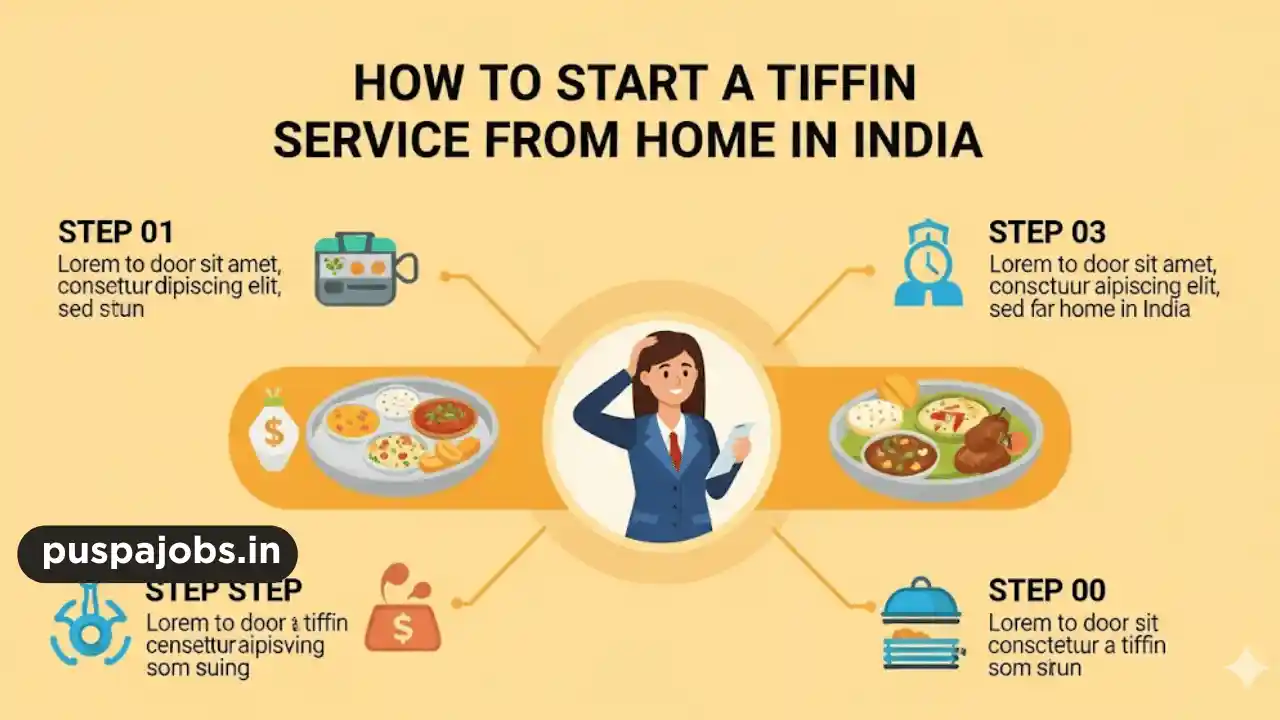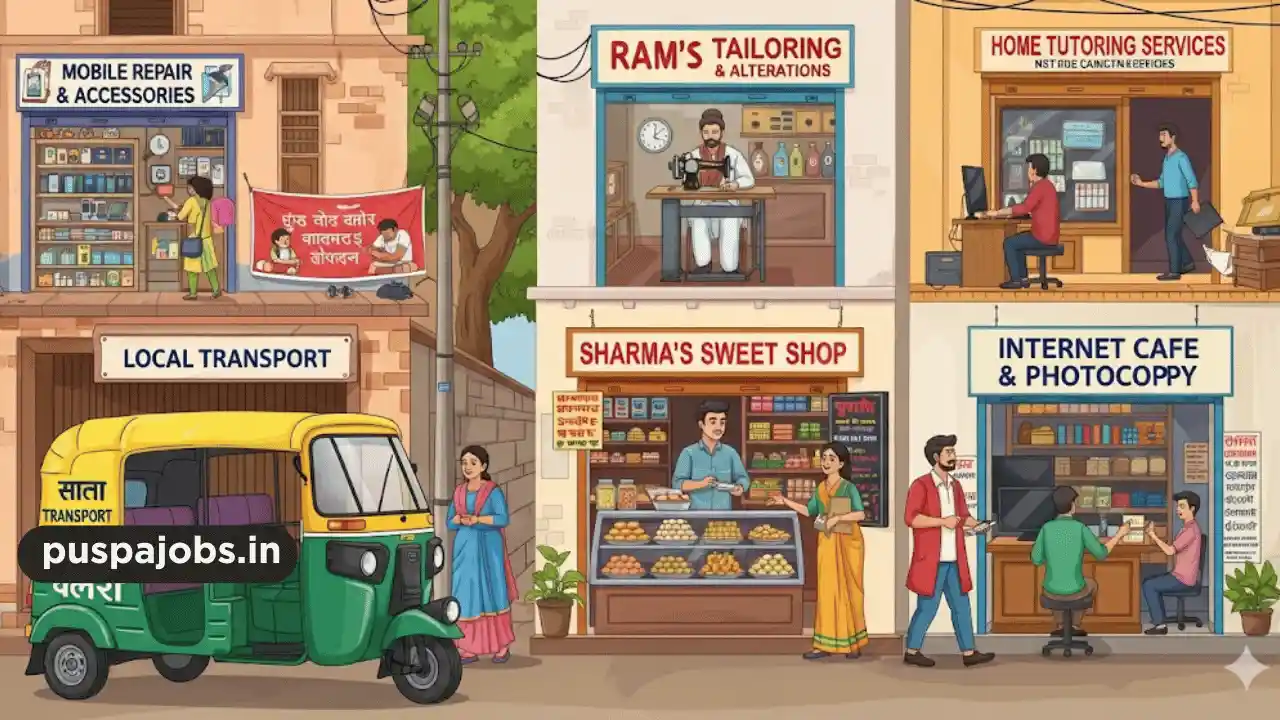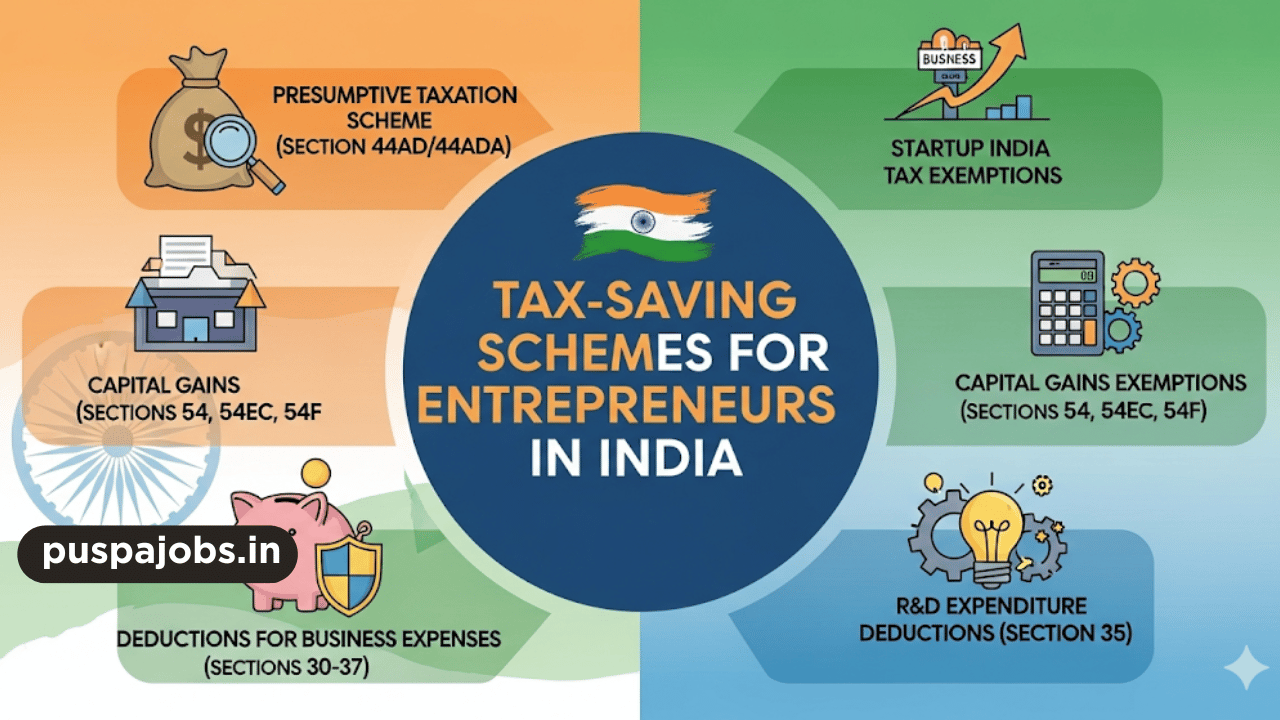The demand for professional cleaning services in Indian cities has grown rapidly due to increasing urbanization, busy lifestyles, and higher awareness about hygiene. Entrepreneurs looking to start a cleaning service business can tap into residential, commercial, and specialized cleaning segments. This guide explains an effective cleaning services business model for cities in India in 2025.
Understand the Market Demand
Urban areas in India have a growing need for cleaning services. Residential households, offices, commercial complexes, and industrial spaces require regular cleaning solutions. Factors driving demand include hygiene awareness, busy schedules, and increasing disposable income. Identifying your target segment—residential, commercial, or industrial—is crucial to developing a business model.
Types of Cleaning Services
A city-based cleaning business can offer various services, including:
- Residential Cleaning: Regular home cleaning, deep cleaning, carpet and sofa cleaning.
- Commercial Cleaning: Office spaces, shops, and corporate buildings.
- Specialized Cleaning: Post-construction cleaning, industrial cleaning, and vehicle cleaning.
- Sanitation and Disinfection Services: Especially in response to health and hygiene requirements.
Offering multiple services or focusing on a niche can define the business model and target audience.
Setup and Investment
Starting a cleaning services business requires moderate investment depending on scale. Key considerations include:
- Equipment and Supplies: Vacuum cleaners, mops, cleaning chemicals, safety gear, and transportation for staff.
- Workforce: Hiring trained cleaning staff, assigning supervisors, and providing proper training.
- Office and Operations: Small office for administration or managing operations from home initially.
- Marketing: Branding, online promotion, and local advertising.
A small-scale cleaning business can start with ₹50,000–₹1,50,000, while larger operations may require ₹5,00,000+.
Pricing Strategy
Pricing depends on the type of service, size of the property, and frequency of cleaning. Common pricing models include:
- Per Hour Pricing: For residential cleaning or one-time services.
- Package Pricing: Weekly, bi-weekly, or monthly subscriptions for homes and offices.
- Contractual Pricing: Long-term contracts with commercial clients.
Offering transparent and competitive pricing helps in building trust with customers.
Marketing and Customer Acquisition
Effective marketing strategies include:
- Listing on online platforms like Justdial, UrbanClap, and Sulekha.
- Promoting services on social media and local community groups.
- Offering referral discounts and loyalty programs.
- Collaborating with real estate agencies, offices, and apartment complexes.
Strong local visibility ensures consistent customer acquisition and repeat business.
Operations and Quality Management
Efficient operations are key to maintaining customer satisfaction.
- Schedule staff and service timings efficiently.
- Maintain quality control with supervision and customer feedback.
- Ensure safe handling of cleaning chemicals and equipment.
- Implement proper billing and record-keeping systems.
Quality services lead to customer retention, positive reviews, and long-term growth.
Scaling the Cleaning Business
Once established, scaling options include:
- Expanding to multiple locations within the city.
- Offering franchise or partnership models.
- Introducing specialized services like deep sanitation, pest control, or eco-friendly cleaning solutions.
- Investing in technology for scheduling, billing, and workforce management.
Scaling enhances revenue and positions the business as a trusted cleaning service provider in the city.
Conclusion
The cleaning services business in Indian cities is a profitable and scalable venture. With a well-defined business model, proper investment, quality services, and effective marketing, entrepreneurs can build a successful cleaning business. By focusing on customer satisfaction, safety, and operational efficiency, cleaning services can grow steadily in urban markets across India.

